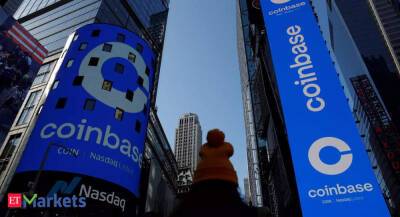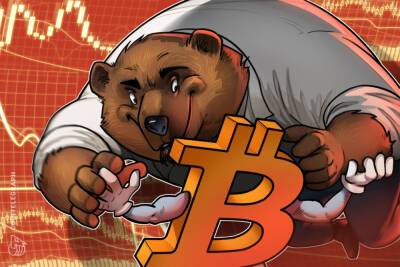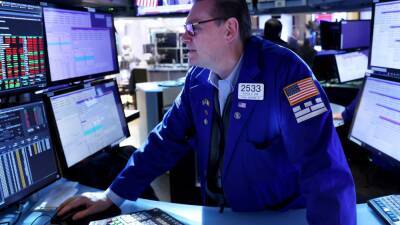Cryptocurrencies against the ‘silent thief.’ Can Bitcoin protect capital from inflation?
The world is becoming increasingly volatile and uncertain. The assertion that “inflation is the silent thief” is becoming less relevant. In 2021, inflation has turned into a rather loud and brazen robber. Now, inflation is at its highest in the last forty years, already exceeding 5% in Europe and reaching 7.5% in the United States. The conflict between Russia and Ukraine affects futures for gold, wheat, oil, palladium and other commodities. High inflation in the U.S. and Europe has already become a real threat to the capital of tens of thousands of private investors around the world.
Last week at the Federal Open Market Committee (FOMC) meeting, Federal Reserve Chairman Jerome Powell said that he would recommend a cautious hike in interest rates. At the same time, Powell mentioned that he expected the crisis in Eastern Europe to not only result in increased prices on oil, gas and other commodities but boost inflation, too. Powell also explicitly reaffirmed his determination to raise the rate as high as necessary, even if it will cause a recession.
Many investors are looking for ways to protect their savings from inflation using cryptocurrencies.
Chad Steinglass, head of trading at CrossTower, is skeptical about cryptocurrencies as a defensive asset. Steinglass commented to Cointelegraph:
Indeed, cryptocurrencies differ from fiat currencies in their volatility. Even the most stable cryptocurrencies, Bitcoin (BTC) and Ether (ETH), which are of great interest to institutional investors, can rise and fall by tens of percent within a day.
Of course, there are more use cases for Bitcoin each day, and it already functions as a base layer for the emerging alternative financial system. In the longer term, this trend will develop
Read more on cointelegraph.com









![Why Ethereum’s [ETH] next stop downward is $2,900](https://finance-news.co/storage/thumbs_400/img/2022/4/12/21370_tp78.jpg)












